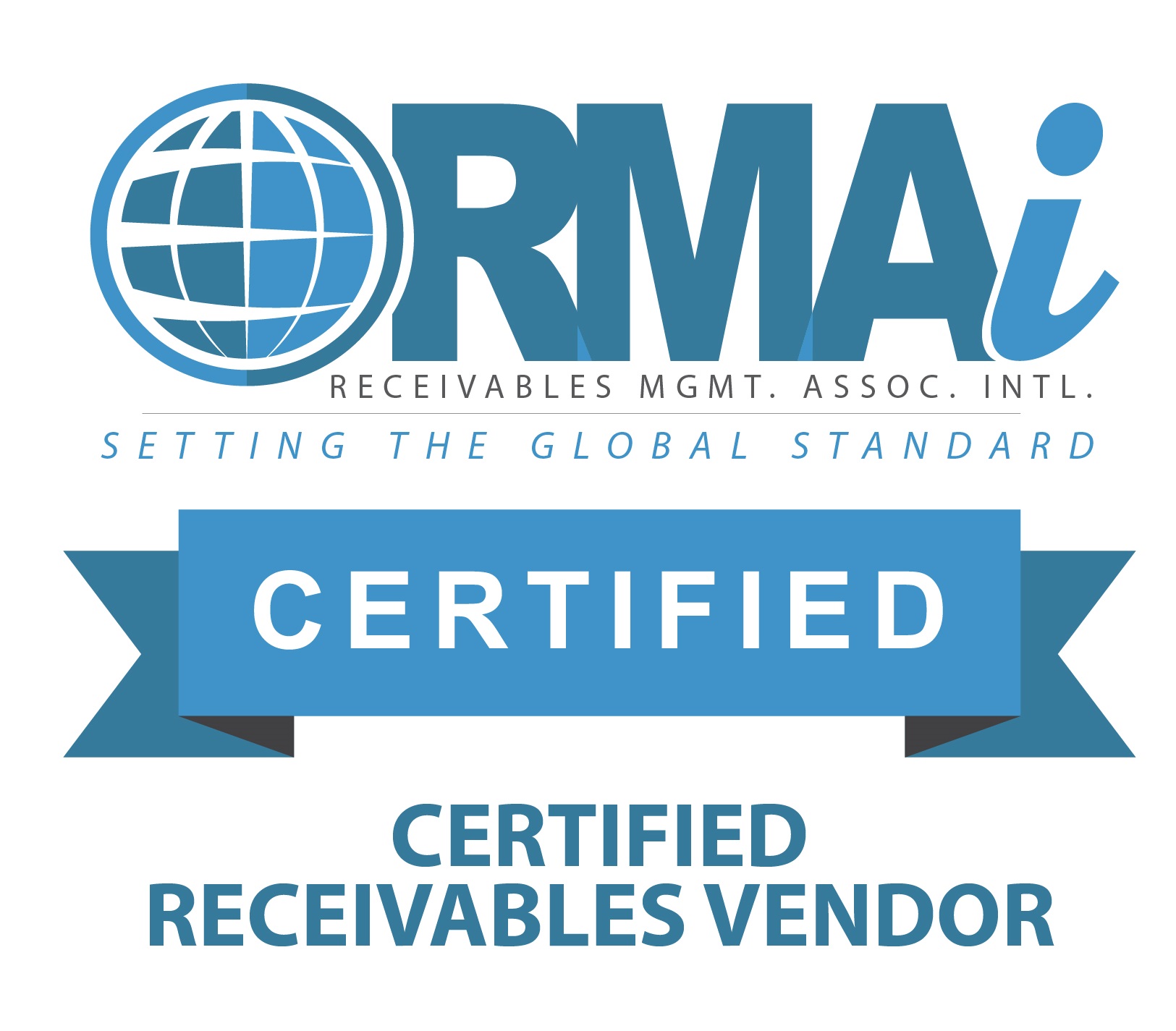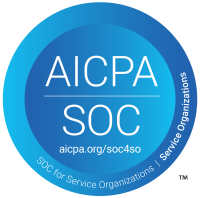View Sale Announcement Detail


Archived news
 The final rule defining the valid when made principle will lift restrictions on the way loans are sold.
The Office of the Comptroller of the Currency (OCC) proclaimed its final rule confirming the long-established "valid when made" banking principle, which will benefit banks and fintechs alike.
The final rule stipulates that a loan that is valid when made can be enforced by any subsequent assignee and applies to national and federal savings banks. When the loan is transferred or assigned, the terms of the debt stay as is and are valid through to its maturity, regardless of who the purchaser is. The terms that remain intact include interest on permissible loans and any right to purchase before others.
Final Rule Targets Uncertainty Caused by the Madden v. Midland Funding Ruling
Late in 2019, the OCC proposed a rule to deal with the obscurity that arose from the Second Circuit Court of Appeals' decision in Madden v. Midland Funding in 2015, which determined that a nonbank purchaser of a loan that was originated by a national bank could not transfer the original interest into another state. After the Supreme Court declined an appeal, a conflicting precedent was set, prompting the need for regulatory action.
Confirmation of the final rule was deemed necessary as a result of the precarious situation brought about by the Madden ruling. The final rule supports credit availability and the well-kept function of markets by dealing with the legal uncertainty that the Madden decision created. Secondary markets can then work more efficiently under increased certainty to carry out their role in banking, and financial institutions can more easily meet liquidity requirements and better serve client needs.
The final rule defining the valid when made principle will lift restrictions on the way loans are sold.
The Office of the Comptroller of the Currency (OCC) proclaimed its final rule confirming the long-established "valid when made" banking principle, which will benefit banks and fintechs alike.
The final rule stipulates that a loan that is valid when made can be enforced by any subsequent assignee and applies to national and federal savings banks. When the loan is transferred or assigned, the terms of the debt stay as is and are valid through to its maturity, regardless of who the purchaser is. The terms that remain intact include interest on permissible loans and any right to purchase before others.
Final Rule Targets Uncertainty Caused by the Madden v. Midland Funding Ruling
Late in 2019, the OCC proposed a rule to deal with the obscurity that arose from the Second Circuit Court of Appeals' decision in Madden v. Midland Funding in 2015, which determined that a nonbank purchaser of a loan that was originated by a national bank could not transfer the original interest into another state. After the Supreme Court declined an appeal, a conflicting precedent was set, prompting the need for regulatory action.
Confirmation of the final rule was deemed necessary as a result of the precarious situation brought about by the Madden ruling. The final rule supports credit availability and the well-kept function of markets by dealing with the legal uncertainty that the Madden decision created. Secondary markets can then work more efficiently under increased certainty to carry out their role in banking, and financial institutions can more easily meet liquidity requirements and better serve client needs.
 The valid when made rule means that the same rate will apply at both ends of a loan sale transaction when a loan asset is sold.
The OCC’s final rule will be effective August 3, 2020, and will more solidly define the valid when made principle. Banks must be in compliance with the interest rate limit specified under state law where it is located. The OCC recognized that inconsistencies between interest rates among banks come about as a result of state laws that enforce these limits and highlighted that the final rule would include, and not eliminate, these state limits.
In defining the final rule of the valid-when-made doctrine, the OCC stated that a permissible interest term must remain enforceable regardless of the assignment to appropriately commit a loan contract and allow the assignee to take over the role of the bank assignor. Moreover, the OCC recognized that the executability of an assigned interest term shouldn't rely on the assignor or assignee's licensing status. The bureau asserted that interest allowable prior to the transfer continues to remain so after the transfer.
The Banking Industry Stands to Benefit From the Final Rule
This final rule is a positive thing for banks, fintechs, and the market as a whole as it protects the liquidity of the secondary market for loans originated by national banks against the uncertainty stemming from the Second Circuit Court of Appeals' Madden decision. It creates a more fair scenario by letting loan purchasers benefit from the same interest rate and terms as the original loans, which is essential for the secondary market.
Register for our online portfolio auction system today.
The valid when made rule means that the same rate will apply at both ends of a loan sale transaction when a loan asset is sold.
The OCC’s final rule will be effective August 3, 2020, and will more solidly define the valid when made principle. Banks must be in compliance with the interest rate limit specified under state law where it is located. The OCC recognized that inconsistencies between interest rates among banks come about as a result of state laws that enforce these limits and highlighted that the final rule would include, and not eliminate, these state limits.
In defining the final rule of the valid-when-made doctrine, the OCC stated that a permissible interest term must remain enforceable regardless of the assignment to appropriately commit a loan contract and allow the assignee to take over the role of the bank assignor. Moreover, the OCC recognized that the executability of an assigned interest term shouldn't rely on the assignor or assignee's licensing status. The bureau asserted that interest allowable prior to the transfer continues to remain so after the transfer.
The Banking Industry Stands to Benefit From the Final Rule
This final rule is a positive thing for banks, fintechs, and the market as a whole as it protects the liquidity of the secondary market for loans originated by national banks against the uncertainty stemming from the Second Circuit Court of Appeals' Madden decision. It creates a more fair scenario by letting loan purchasers benefit from the same interest rate and terms as the original loans, which is essential for the secondary market.
Register for our online portfolio auction system today.







